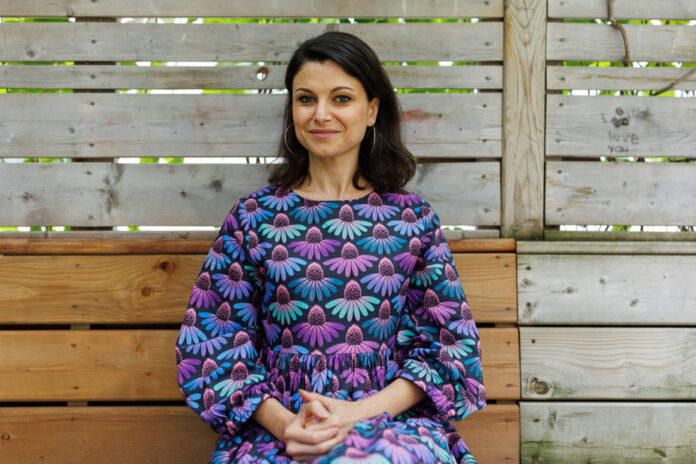We all suffer.
We suffer from the hour that changed and the night that was ruined on the day when it really shouldn’t have been, from the snow that came back and from the lower back still stuck, from the child thrown into the playground school on a Monday morning and the psychologist who unearthed a heart wound buried for years on a Tuesday afternoon.
Ordinary days that are not.
We suffer from overly Manichean landscapes and villains who ultimately won. However, this is not what we were promised when we were little. “It’s really too unfair,” sighed Calimero, the unlucky little chick, under his shell.
We suffer from osteoarthritis and from time which will have got the better of our hands, our feet, our joints which have become like stones of pain that are too heavy and fixed, of Stéphane who left and shouldn’t have, of Mélanie that we never found…
We scream like Chekhov heroines: “One day we will know why we suffered so much!” If only we could know, if only we could know…”
We suffer from not knowing and yet knowing would kill us.
“Hope is the kind of light that needs to be changed often,” sang With No Helmet.
We suffer from what did not happen as planned, because Holy Mary Mother of God did not pray for us, from everything that was thrown into the universe and that fell to us on it like a huge, unexpected, violent and disappointing meteorite. Each time, your face like The Scream, by Edvard Munch.
We suffer from not being born in the right room, in the right envelope, in the right space-time. We suffer from the torture of “ifs”: “If only I hadn’t gone to the convenience store that day, if only I hadn’t taken the car that day, if only I had told him to stay that that day, if only, if, if, if…”
We suffer from the “if you don’t love me, I love you” and our unmentionable desires, from all that could have been and will not be and from the obsessive spiral that spins endlessly in the head with its multiple scenarios. Life, like a cheap book of which you are the hero with all its possible and above all impossible avenues.
By the way, you’re desperate that Plan B’s truck doesn’t exist, you secretly wrote down the number while watching the show, you never know…
From the small daily sufferings with which it is easier to live together, to the great pains which can turn life into hell (here I am thinking of the other extreme, of those who have lost everything because of war, an earthquake , of a migration that ended in tragedy or of an injustice that completely destroyed the harmony of a life), I like to think in the face of our powerlessness that words can act as a remedy. And reading Italo Calvino challenges me here.
In The Invisible Cities, where Kublai Khan dialogues with Marco Polo, the author offers two solutions to alleviate suffering.
“The first succeeds easily with most: to accept hell, to become a part of it to the point of seeing it no more. The second is risky and it requires constant attention, learning: to seek and know how to recognize who and what, in the middle of hell, is not hell, and to make it last, and to make room for it. »
This second option seems to me not only more active, but beneficial.
Because we all suffer.
And there also is our salvation.
To know that this suffering defines us, that it constitutes us, all of us, without exception.
To know that:
“The night is never complete. There is always since I say it, Since I affirm it, At the end of sorrow, an open window, a lighted window. There is always a dream which watches, a desire to be fulfilled, hunger to satisfy, a generous heart, an outstretched hand, an open hand, watchful eyes, a life: life to be shared. »
To know that there will always be Paul Éluard.
Understand that suffering is transformed into a motor, into change, into renewal.
That it is like almost everything in the human adventure: inevitable, but, above all, impermanent.
Rely on the wisdom of Marco Polo.
And knowing that there will always be someone knocking on the door with coffee, buttercups and shades, who opens sensitive arms and quietly affirms, “You will overcome.” »
And against all odds, on the edge of the window, the orchid has bloomed again.


















